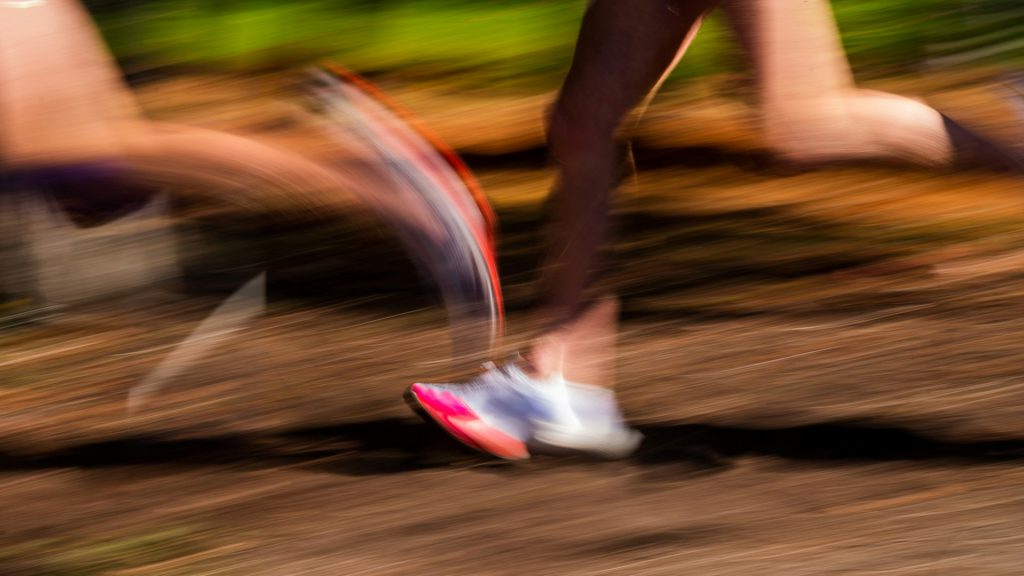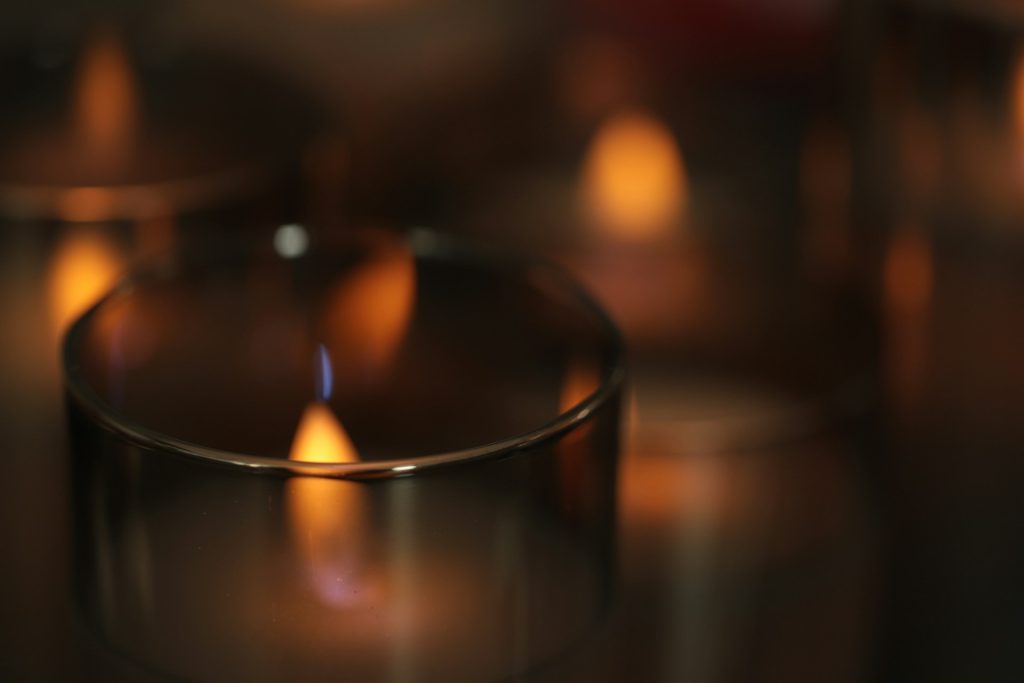The night I couldn’t sleep… again
Lying in bed one night, staring at the ceiling, counting the hours I was losing. My body was screaming for rest after a brutal training session, but my mind was running laps faster than my legs ever could. The clock ticked past 2 a.m., then 3 a.m., and I thought, “How am I supposed to wake up at 5 for cycling practice like this?”
That night wasn’t an exception. For months, I pushed through training schedules, work deadlines, and endless to-do lists on little sleep, convincing myself that discipline meant ignoring how tired I really was. Spoiler: it didn’t end well. I got injured, my performance dropped, and honestly, I felt like a zombie trying to hold it all together.
Sleep and recovery, two things I thought I could outsmart, turned out to be the secret weapons I had been missing all along.
Why we think we can cheat sleep
In our Gen Z hustle culture, sleep often feels like something optional, almost like a luxury. Pulling all-nighters for exams, scrolling TikTok until 1 a.m., or squeezing in “just one more task” is practically a badge of honor.
For me, it was training. I thought grinding harder meant I’d get faster, stronger, and better. But instead of progress, I found myself dragging through workouts with heavy legs, feeling foggy at work, and snapping at people because I was so drained.
The truth? Sleep isn’t a weakness. It’s literally when your body rebuilds, your mind resets, and your energy gets restored. Without it, discipline and motivation are like trying to run a marathon on an empty tank.

The science behind recovery (that I learned too late)
I’m not here to throw textbook definitions at you, but here’s what clicked for me:
-
Muscles repair at night. When you train, you’re actually creating tiny tears in your muscles. During deep sleep, your body releases growth hormones that patch you up and make you stronger. Skip sleep, and you’re just left with sore, fragile muscles.
-
Your brain detoxes. Sleep literally flushes out waste in your brain. No wonder I felt foggy after bad nights—it’s like never taking out the trash.
-
Stress levels balance. Cortisol (the stress hormone) shoots up when you’re sleep-deprived. That’s why even small problems felt huge when I hadn’t rested.
I used to think recovery was just about foam rolling or stretching. Turns out, the biggest recovery hack is as simple (and as hard) as actually sleeping enough.
The wake-up call: injury and burnout
The hardest lessons are the ones that force you to stop. For me, it was a combination of both injury and emotional burnout.
One morning after yet another sleepless night, I laced up for a run. My legs felt like bricks, but I told myself to push through. Halfway, I felt a sharp pain in my shin. That pain didn’t go away for weeks.
What hurt more than the injury was realizing I had done this to myself. By not respecting rest, I had sabotaged my own training. I had to skip races I had been excited about, and I felt like I’d failed. But honestly, it was the wake-up call I needed.

What I changed (and how it helped)
1. I set a bedtime like it’s a meeting
I used to think I’d fall asleep “when I get tired.” But the truth is, scrolling in bed kept me awake. Now, I treat my bedtime like a non-negotiable meeting with myself. Same time every night, phone down, lights dimmed.
2. I stopped glorifying late nights
All-nighters used to feel like proof that I was working hard. Now, I see them as proof I wasn’t managing my time well. Nothing is worth sacrificing the energy you’ll need tomorrow.
3. I embraced naps
At first, naps felt “lazy.” But a 20-minute nap after training turned me from a zombie into a human again. It’s like pressing reset in the middle of the day.
4. I listened to my body
If my body feels sore and my sleep has been rough, I take a rest day, even if it wasn’t on the schedule. Resting doesn’t make you weak. It makes you ready for the next push.
Signs you’re not recovering enough
Looking back, the signs were all there. Maybe you’ll recognize them too:
-
You wake up tired even after a full night.
-
Your workouts feel harder than usual.
-
You get sick more often.
-
Your mood swings like crazy.
-
You crave sugar or caffeine just to get through the day.
If any of these sound familiar, it’s not that you’re lazy. It’s your body waving a giant red flag saying, “Hey, I need rest!”
Recovery is mindset
Here’s the part I didn’t expect: recovery isn’t only physical. It’s also about giving yourself permission to stop hustling for a moment.
I used to feel guilty resting, like I was wasting time. But rest is not wasted time. It’s the fuel for every dream, every race, every big project you’re chasing. Without it, you’re just running on fumes.
So I shifted my mindset. Now, when I crawl into bed early, I don’t think, “I’m being lazy.” I think, “I’m investing in tomorrow.”
Small shifts you can try tonight
If you’re reading this thinking, “Okay, but I still can’t sleep,” here are a few things that helped me:
-
Create a wind-down routine: journal, stretch, or read something calming.
-
Cut caffeine after 2 p.m. (hard but worth it).
-
Keep your bedroom cool and dark. Your body literally sleeps better that way.
-
Try guided meditations or calming playlists instead of scrolling.
-
Be patient. Fixing your sleep is like training. It takes consistency.
What sleep taught me about life
The biggest lesson? Pushing harder isn’t always the answer. Sometimes, the bravest thing you can do is pause.
Sleep taught me humility. That my body isn’t a machine, and it will break if I don’t care for it. It taught me patience. Healing takes time, and progress isn’t always linear. And it taught me balance, that chasing goals is important, but not at the cost of my health.
Now, when I wake up after a good night’s sleep, I don’t just feel rested. I feel grateful. Because recovery gave me back my energy, my joy, and my ability to keep going without burning out.


